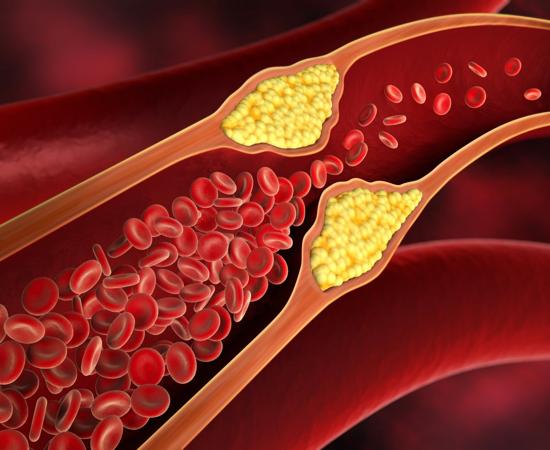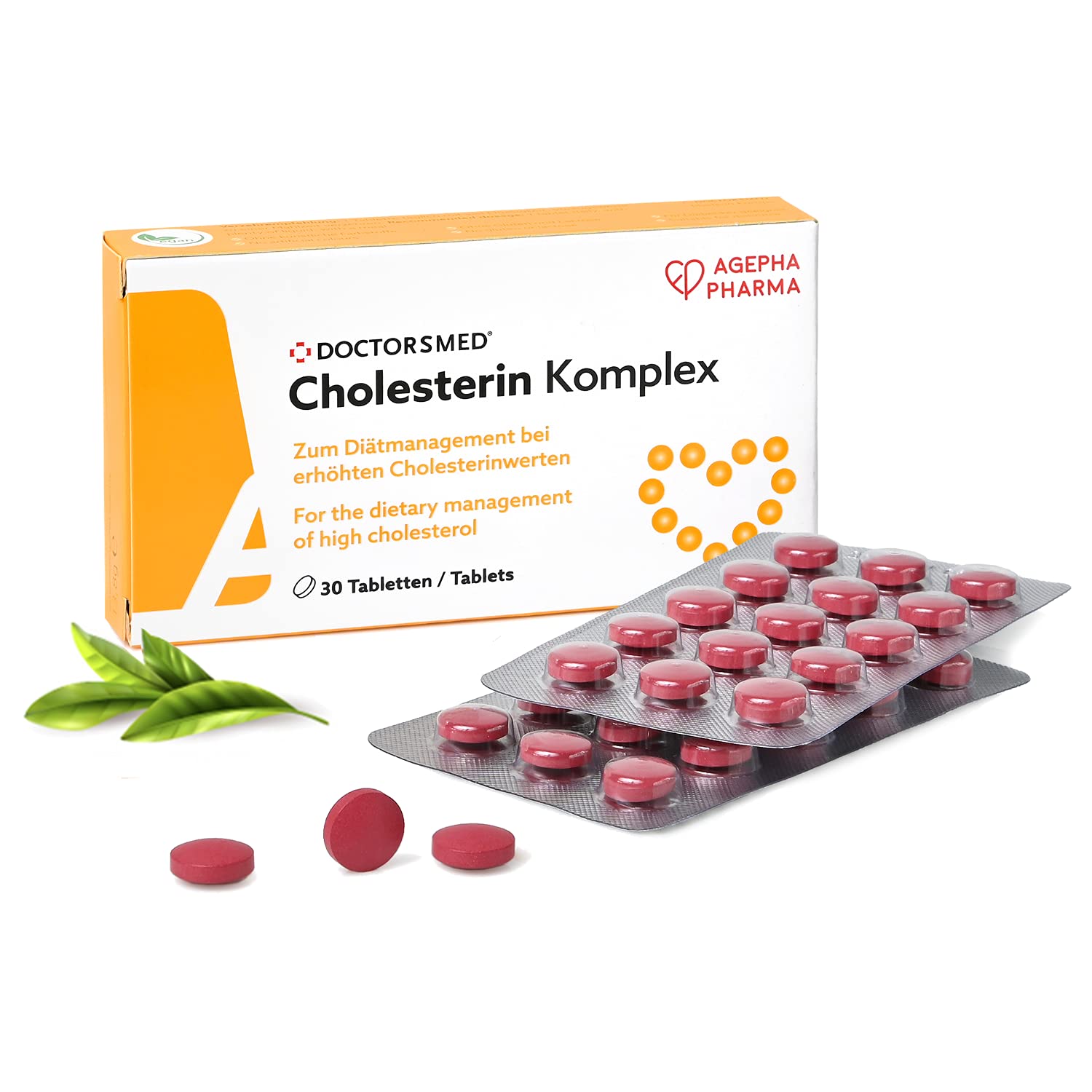Introduction
High cholesterol, a common health issue affecting many individuals, refers to elevated levels of cholesterol in the blood. It is crucial to understand the symptoms, causes, and treatment options associated with high cholesterol as it can lead to various serious health conditions.
Benefits of Managing High Cholesterol
By managing High Cholesterol effectively, individuals can significantly reduce their risk of heart disease, stroke, and other cardiovascular complications. Implementing a healthy lifestyle and dietary changes can improve overall well-being and longevity.
High Cholesterol: A Detailed Explanation
High cholesterol, medically known as hypercholesterolemia, occurs when there are elevated levels of cholesterol in the blood. Cholesterol is a waxy substance that is essential for building cell membranes and producing hormones. However, when levels are too high, it can lead to plaque buildup in the arteries, increasing the risk of heart disease and other health issues.
FAQs about High Cholesterol
1. What are the common symptoms of high cholesterol?
Common symptoms of high cholesterol include chest pain, heart palpitations, shortness of breath, and yellowish deposits around the eyes. However, in many cases, high cholesterol does not present any visible symptoms, making regular screenings important.
2. What are the primary causes of high cholesterol?
The primary causes of high cholesterol include an unhealthy diet high in saturated fats and cholesterol, lack of physical activity, smoking, obesity, and genetics. Understanding these risk factors can help individuals take proactive steps to manage their cholesterol levels.
3. What are some foods to avoid for high cholesterol?
Foods high in saturated fats, trans fats, and dietary cholesterol should be avoided to help lower cholesterol levels. These include fried foods, processed snacks, fatty cuts of meat, and full-fat dairy products. Opting for lean protein sources, fruits, vegetables, and whole grains can support heart health.
4. What is the recommended diet for managing high cholesterol?
A heart-healthy diet for managing high cholesterol typically includes plenty of fruits, vegetables, whole grains, lean proteins, and healthy fats such as olive oil and nuts. Limiting intake of red meat, processed foods, and sugary beverages can also be beneficial.
5. What are the common treatment options for high cholesterol?
Treatment for High Cholesterol often involves lifestyle modifications such as adopting a healthy diet, increasing physical activity, and quitting smoking. In some cases, medications like statins may be prescribed to help lower cholesterol levels and reduce the risk of heart disease.
Conclusion
High cholesterol is a serious health concern that requires proactive management to reduce the risk of cardiovascular complications. By understanding the symptoms, causes, and treatment options associated with high cholesterol, individuals can make informed decisions to improve their heart health and overall well-being.


